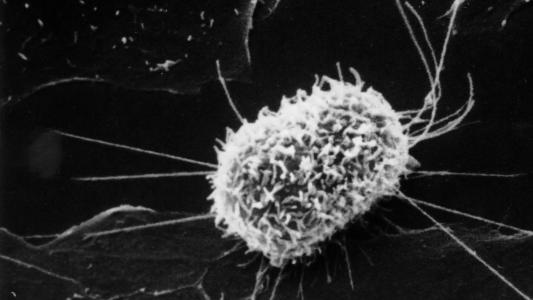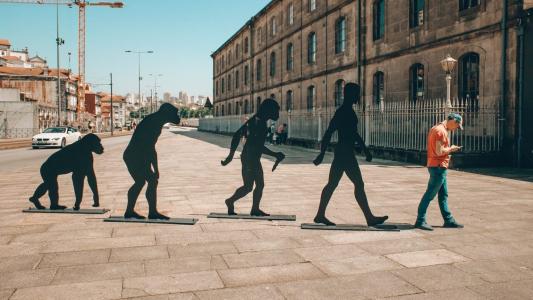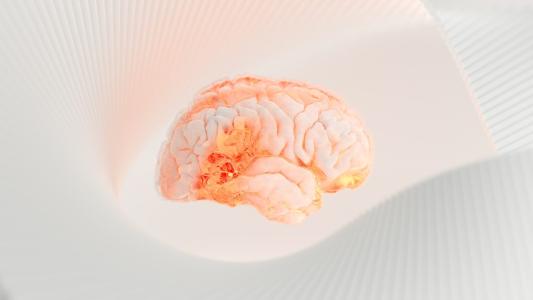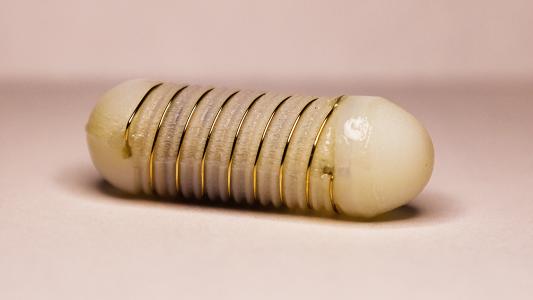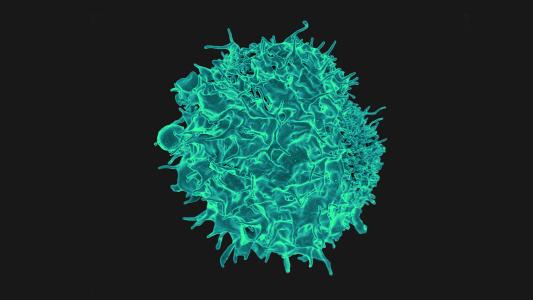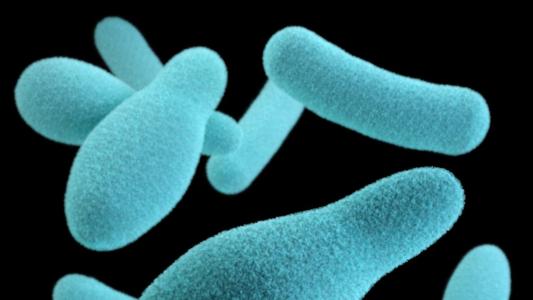Biology
Did life evolve more than once? Researchers are closing in on an answer
Current scientific consensus is that life emerged from non-living molecules in a process called abiogenesis. But if life emerged once, why not more times?
Older people were 3x stronger at the end of this science-backed 8-week program
But what if you’re in your 60s, 70s, 80s or 90s? Is it “too late” to build muscle and fight sarcopenia? Here’s what the research says.
We’re analysing DNA from ancient and modern humans to create a “family tree of everyone”
Genetic genealogy not only helps us understand where we came from, but it could also be used for tracing the origin of genetic mutations.
Like hungry locusts, humans can easily be tricked into overeating
Our bodies crave more food if we haven’t had enough protein — especially if we’re reaching for ultraprocessed foods.
Discovery finally uncovers how melanin blocks UV
An international team of researchers have isolated and analyzed a component of melanin, which protects us from the sun.
Scientists discovered a “minimum mechanism” required for consciousness
Scientists stimulated the brains of macaque monkeys in an effort to determine which areas are responsible for driving consciousness.
New electronic pill zaps the stomach to regulate hunger
MIT’s new electronic pill stimulates stomach cells to regulate hunger — showing it's possible to hack the powerful gut-brain axis.
The groundbreaking plan to map the entire human immune system
Powered by AI and a vast trove of data, the Human Immunome Project aims to fully map the most complex system in the human body.
Potential way to treat anorexia found in microbiome
New research links the gut microbiome, an ecosystem of viruses, bacteria, and fungi, to the development of anorexia nervosa.
Networks of silver nanowires seem to learn and remember, much like our brains
Self-organising networks of tiny silver wires appear to learn and remember in much the same way as the thinking hardware in our heads.
